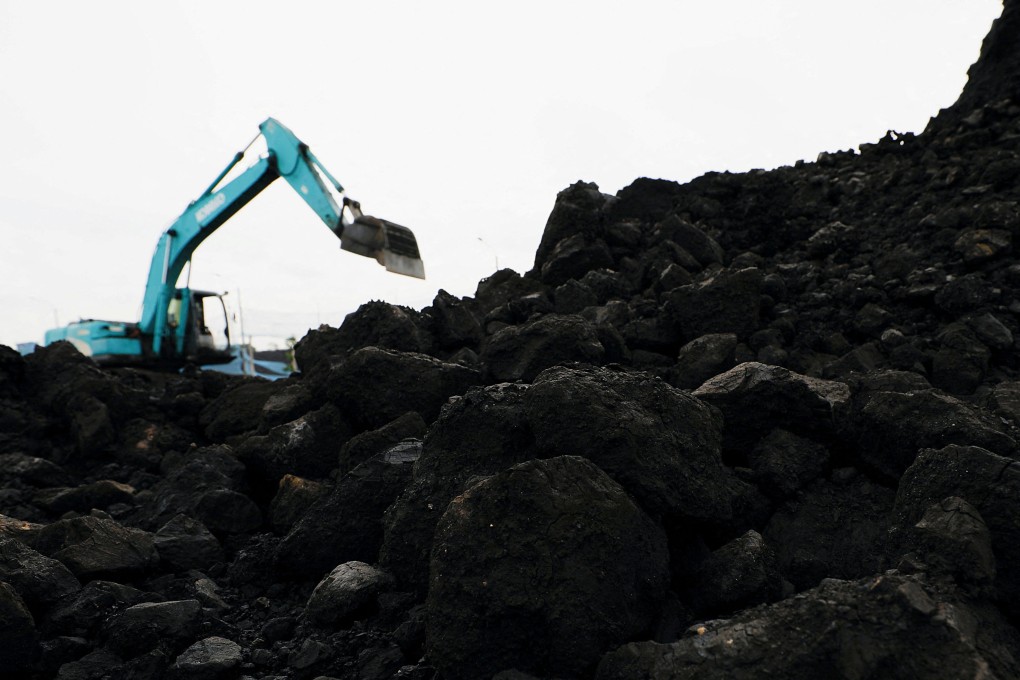Advertisement
G20: Indonesia signs US$20 billion deal with US, Japan, other nations for ‘promising path’ towards clean energy
- The landmark multilateral deal will see Indonesia reach carbon neutrality by 2050, a decade earlier than planned
- Indonesia is the world’s eighth-largest greenhouse gas emitter, and is reliant on coal for a majority of its power
Reading Time:3 minutes
Why you can trust SCMP

Resty Woro Yuniarin in Bali
Indonesia has accelerated its shift towards using clean energy by signing a US$20 billion climate partnership with the United States, Japan and other developed countries.
The landmark deal announced on Tuesday on the sidelines of the Group of 20 (G20) Summit will help the Southeast Asian nation expedite the reduction of its energy sector’s carbon emissions and bring forward its net-zero target by a decade.
Under the newly unveiled Just Energy Transition Partnership (JETP), the US and Japan will help fund Indonesia’s “ambitious” climate target. The deal will need an “initial US$20 billion of public and private financing in the next three to five years”, said Indonesia’s coordinating minister of maritime and investment affairs Luhut Pandjaitan.
Advertisement
Aside from the US and Japan, other Group of Seven members – Canada, France, Germany, Italy, Britain – will also contribute to the fund, as well as Norway, Denmark and the European Union, Luhut said.
It is arguably the single largest country specific climate investment partnership ever, and we’re thrilled to be part of it and to have negotiated with it
International organisation partners, including the Asian Development Bank (ADB), the Climate Investment Funds and the World Bank also contributed to the partnership, he said.
Advertisement
Advertisement
Select Voice
Choose your listening speed
Get through articles 2x faster
1.25x
250 WPM
Slow
Average
Fast
1.25x